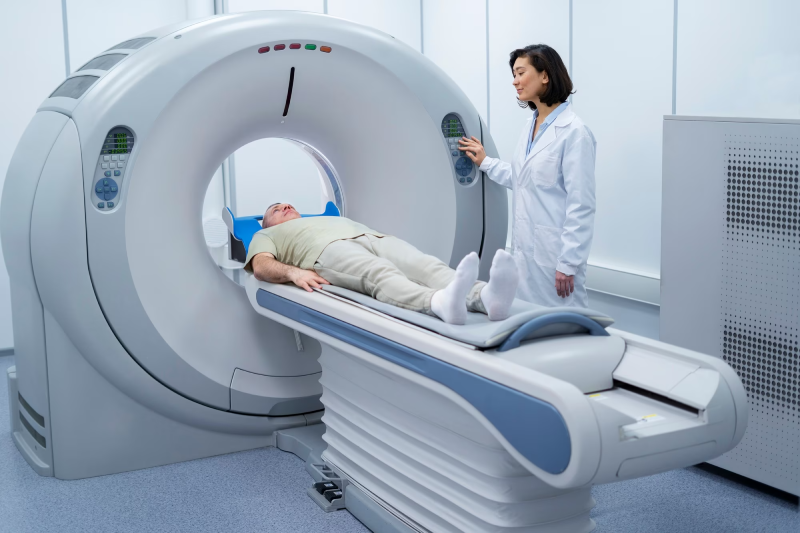
In the realm of healthcare, technological advancements have not merely provided incremental improvements but have, at times, transformed the entire landscape. These groundbreaking innovations have touched every aspect of medicine, from diagnosis and treatment to patient care and beyond. Let’s delve into the value of some key technological advancements in medical science.
1. Penicillin: the antibiotic revolution
Sir Alexander Fleming’s discovery of penicillin in 1928 revolutionized medicine by introducing the first widely used antibiotic. Before penicillin, even minor infections could turn deadly. The value of this advancement is immeasurable, as it saved countless lives and paved the way for the development of other antibiotics, ushering in the era of modern medicine.
2. X-ray: advancement in diagnostics
Wilhelm Conrad Roentgen’s discovery of X-rays in 1895 brought about a paradigm shift in diagnostics. It allowed physicians to peer inside the human body without invasive procedures, providing an invaluable tool for identifying fractures, tumors, and other abnormalities quickly. X-ray technology has since evolved into more sophisticated modalities like CT scans and MRIs.
3. Vaccination: disease prevention
Edward Jenner’s work on smallpox vaccination in the late 18th century marked the beginning of a powerful approach to healthcare—prevention. Vaccination has been instrumental in eradicating deadly diseases like smallpox and has drastically reduced the incidence of others such as polio, measles, and hepatitis. Its value lies in preventing suffering, saving lives, and reducing the burden on healthcare systems.
4. MRI: precision imaging
In 1977, Raymond Damadian developed the magnetic resonance imaging (MRI) technology, which has become a cornerstone of modern diagnostics. MRIs offer detailed images of soft tissues, aiding in the diagnosis of conditions ranging from neurological disorders to joint injuries. The value here is not only in accuracy but also in reducing the need for invasive procedures.
5. CRISPR-Cas9: precise genetic medicine
The revolutionary gene-editing technology known as CRISPR-Cas9, discovered by Jennifer Doudna and Emmanuelle Charpentier in 2012, holds immense promise. It allows scientists to precisely modify genes, potentially curing genetic diseases. Its value is in the potential to transform the treatment of conditions like sickle cell anemia and muscular dystrophy by addressing the root cause.
6. Artificial organs and implants: life extension
Advancements in the development of artificial organs and implants have been life-changing. From artificial hearts to prosthetic limbs, these technologies have extended and improved the lives of countless individuals. Their value is in restoring function and enhancing the quality of life for those with organ failure or limb loss.
7. In vitro fertilisation (IVF): new hope for parenthood
The birth of Louise Brown, the world’s first “test-tube baby,” in 1978 heralded a new era in reproductive medicine. IVF has provided hope to countless couples struggling with infertility. Its value is in enabling individuals to achieve parenthood and expanding options for family planning.
8. Telemedicine: expanding access to care
The development of telehealth technology has transformed healthcare delivery, especially during the COVID-19 pandemic. Telemedicine offers accessibility and convenience, ensuring that patients receive medical care, consultations, and monitoring from the comfort of their homes. Its value lies in expanding access to healthcare services, particularly for those in remote or underserved areas.
The value of technological advancements in medicine is immeasurable. These innovations have saved lives, reduced suffering, improved accuracy, and expanded access to healthcare. As technology continues to advance, we can anticipate even more transformative breakthroughs that will further enhance our ability to prevent, diagnose, and treat medical conditions, ultimately improving the well-being of individuals and populations worldwide.





